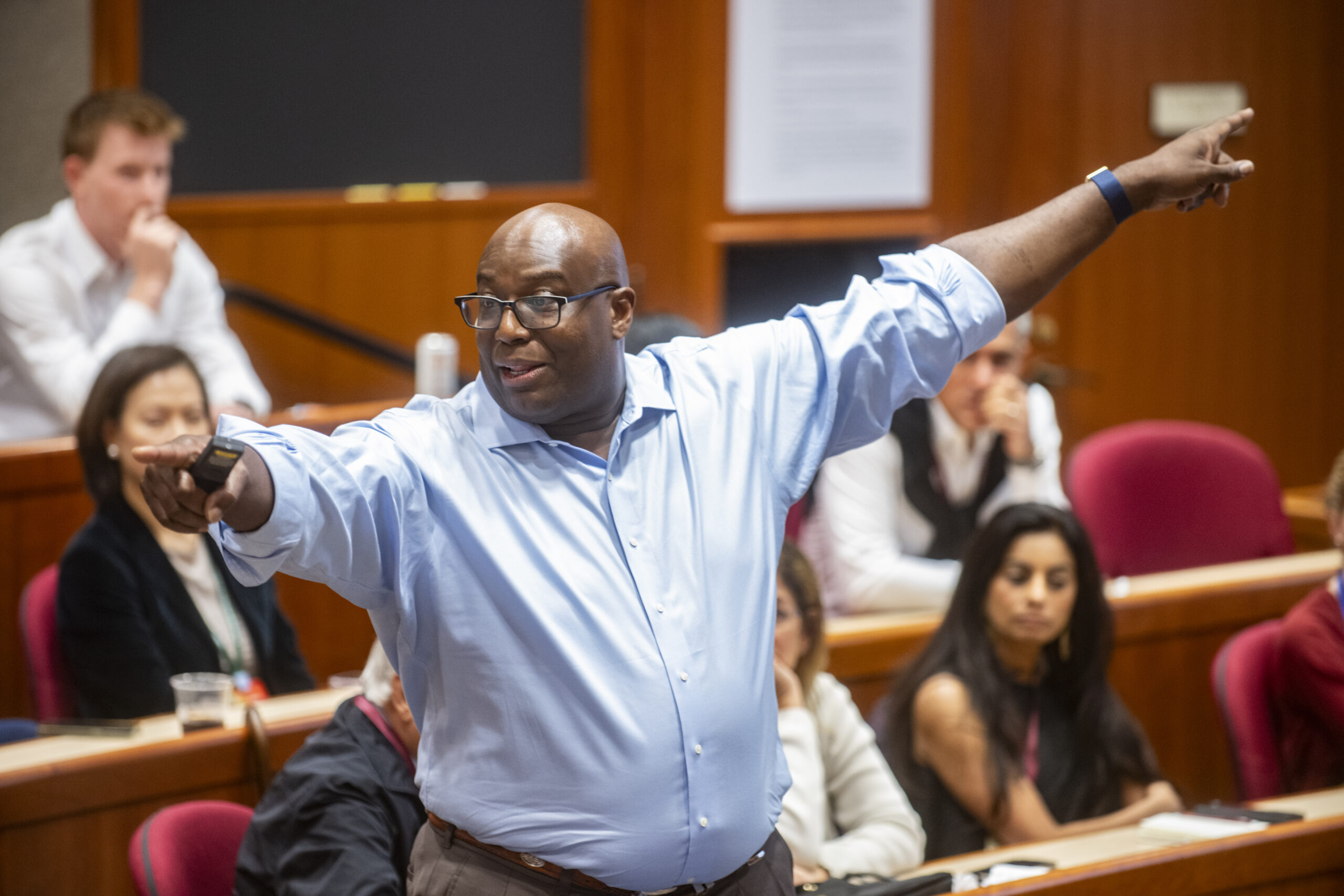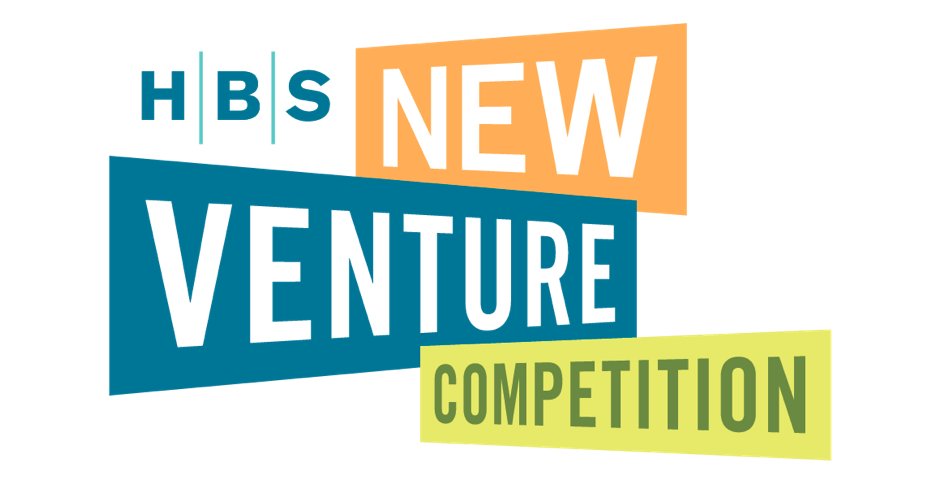

In February 2021, the HBS New Venture Competition received 50 entries to the Social Enterprise Track, from student teams across Harvard University. After an extensive review and deliberation process with social enterprise leaders from across Harvard, the Social Enterprise Initiative just announced the 16 semifinalists in the Social Enterprise Track. These 16 teams will present virtually to a panel of expert judges—including philanthropists, impact investors, capacity building organizations, and social entrepreneurs—in March to determine the four finalists. Below you’ll find an overview of the competition and our 2021 semifinalists.
NEW VENTURE COMPETITION OVERVIEW
Hosted each year by the School’s Arthur Rock Center for Entrepreneurship and the Social Enterprise Initiative, in partnership with HBS Alumni Clubs & Associations, the Harvard Business School New Venture Competition is open to all students and alumni interested in launching new business and social impact ventures.
The Social Enterprise Track of the Competition provides an opportunity for students to explore social entrepreneurship and test ideas for social innovation in a rigorous and supportive environment. Graduate students across Harvard University enter with new ventures that drive social change using nonprofit, for-profit, or hybrid models. Through February and March student teams progress through several stages of judging, conveying their idea through executive summaries and presentations, and receiving valuable feedback from judges at every stage. The Social Enterprise Track brings together expert judges from the field to evaluate entries based on the idea, its potential for social value creation, and the likelihood of achieving success.
2021 SEMIFINALISTS: SOCIAL ENTERPRISE TRACK
Afya Pamoja: A cost-effective digital patient feedback system for public healthcare facilities in Tanzania.
Anise Health: A culturally-competent, digital mental health and wellbeing platform for ethnic minorities.
E=MC2: Redefines how learners interact with digital content using 5 Dynamic Pillars of Engagement.
GenUnity: Supports adults to build the relationships, knowledge, and skills to drive civic change.
Gromm: A browser extension that serves as a personalized nutrition assistant for diabetics.
KadaKareer: A career development platform for low-income students in rural Philippines.
Kanoa: Brings together an untapped pool of talented, diverse Brazilian public high schoolers and firms.
Liza: Works with Americans to build a better credit score for a more affordable life.
Okowa: A hybrid greenhouse urban farm that produces fresh and affordable tomatoes all year round.
Parce: A 12-month Social-Emotional E-mentoring program for students that focuses on purpose-seeking.
PhoneWork: A smartphone app that lets freelancers complete jobs even without computer access.
Plenna: Provides affordable comprehensive healthcare to women in Mexico.
Shelly Xu Design (SXD): Design-tech startup that makes beautiful, 100% zero waste clothing that costs 55% less to produce.
The Equity Network: Democratizing network access for Black, Latinx, and Native American professionals.
Thrive!: Tech enabled racial justice.
Vocal Justice: Empowers Black and Brown youth to become socially conscious leaders.